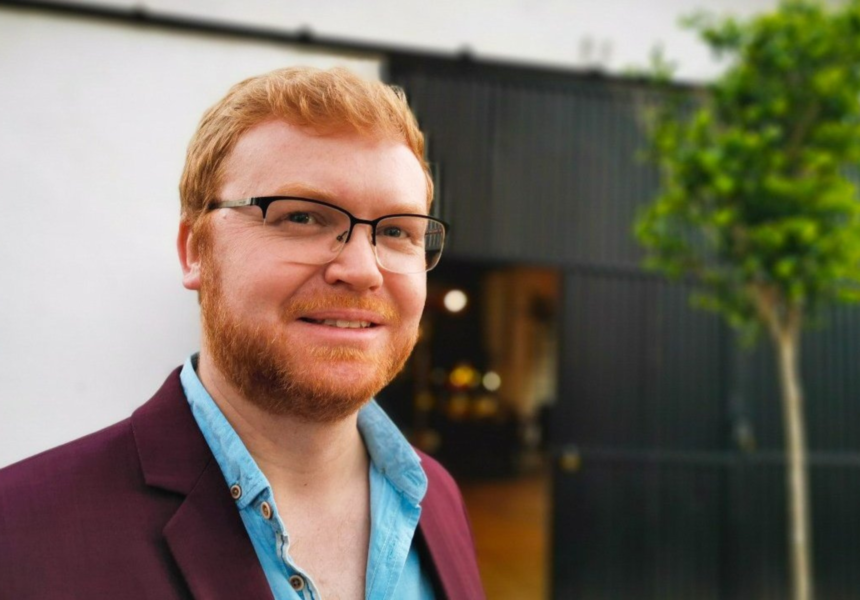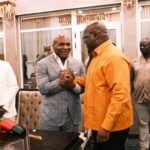The Trump administration’s decision to grant asylum to 49 white South African farmers has ignited fierce debate on two continents, exposing deep rifts within South Africa’s Afrikaner community while straining diplomatic relations between Pretoria and Washington. At the heart of the controversy lies a contentious claim of “genocide” against white farmers – an allegation that many South Africans, both black and white, vehemently reject as politically motivated fiction.
Among the most vocal critics is Ulrich Janse van Vuuren, a 38-year-old Afrikaner social media personality with over a million followers. Known for his stunning photographs showcasing South Africa’s natural beauty, from Johannesburg’s urban landscapes to Cape Town’s pristine beaches, van Vuuren has become an unlikely voice challenging the narrative of white persecution. “South Africa is my home, my heritage, and my future,” he told the BBC, dismissing the asylum seekers as “opportunists rather than refugees.” His remarks highlight a growing divide among white South Africans about their place in the nation’s complex social fabric.
The statistics tell a revealing story. While South Africa suffers from alarmingly high violent crime rates affecting all racial groups, the specific claim of white farmer genocide doesn’t stand up to scrutiny. Recent crime data shows that of the 6,953 murders recorded in late 2024, only 12 occurred in farm attacks. Even more telling, just one victim was a white farmer, with the majority being black farmworkers. These numbers contradict the apocalyptic vision painted by some international commentators, including high-profile figures like Elon Musk who have amplified the genocide narrative.
The controversy has been further complicated by South Africa’s land reform policies. The government’s recent legislation allowing land expropriation without compensation under certain circumstances has struck fear among some white farmers, who control approximately half of the country’s farmland despite constituting just 7% of the population. President Trump cited these policies as justification for his asylum offer, calling them evidence of “government-sponsored race-based discrimination.”
Yet many observers see darker political motives at play. The asylum decision comes amid growing tensions between the US and South Africa over foreign policy positions, with some analysts suggesting the move represents a calculated attempt to undermine the African nation’s sovereignty. The timing has raised eyebrows, particularly as it coincides with increased rhetoric from American right-wing groups about “white persecution” in South Africa – a talking point that dates back years but has gained fresh traction in certain political circles.
For Afrikaners like van Vuuren, the debate has only strengthened their connection to their homeland. “Four centuries of history can’t be erased by political posturing,” he remarked, referencing his ancestors’ arrival in southern Africa in the 17th century. His social media platform has become a defiant celebration of South African identity, showcasing the country’s vibrant culture and stunning landscapes to counter what he sees as damaging misinformation.
The controversy raises profound questions about identity, belonging, and historical justice in post-apartheid South Africa. As the international community watches this unfolding drama, the nation finds itself at a crossroads – grappling with its painful past while trying to navigate an increasingly polarized global political landscape. What emerges from this crisis may well shape South Africa’s future, not just in terms of race relations, but in its standing on the world stage.










